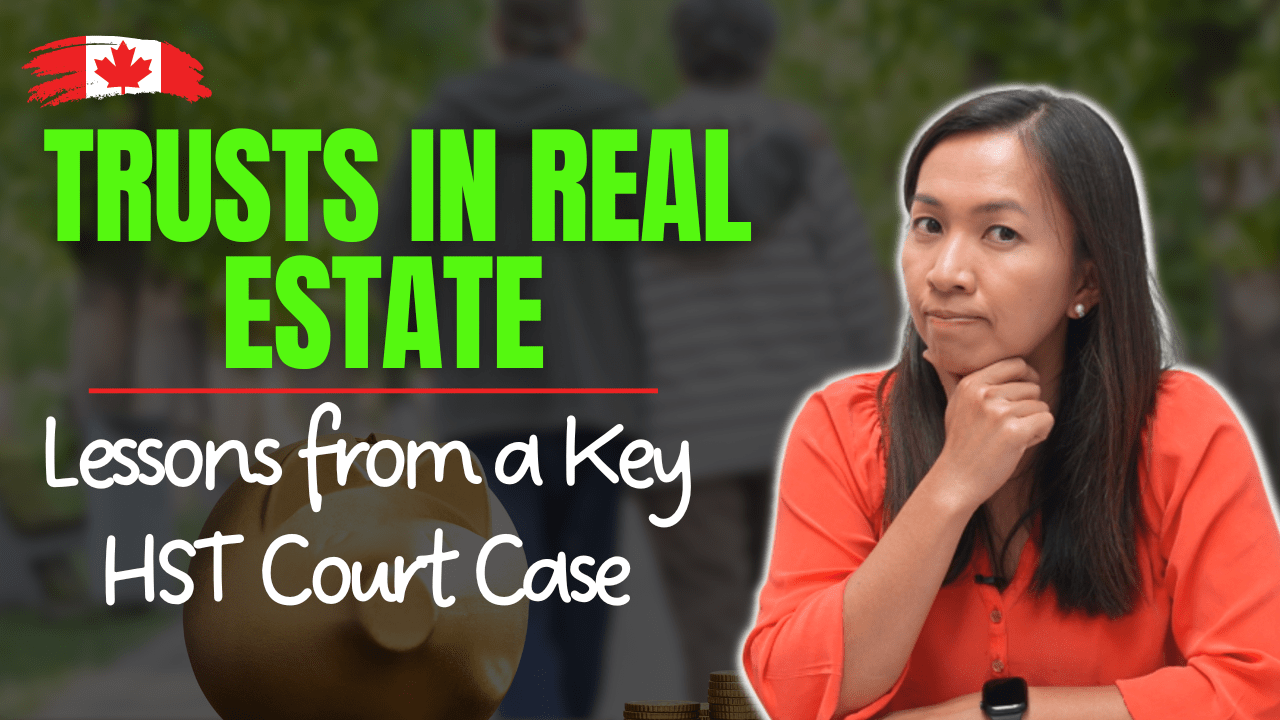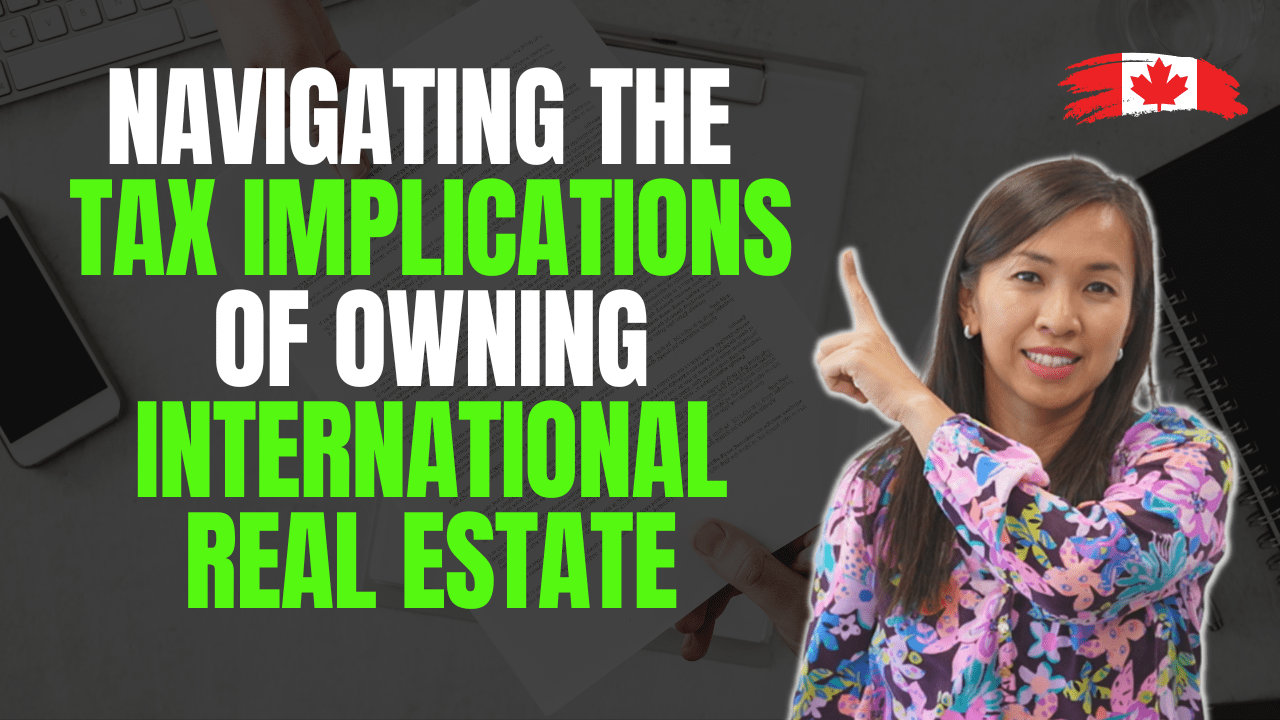I was doing my usual class at Rock Star Real Estate Brokerage this past Saturday.
As I was discussing the new Federal tax changes to small businesses and how it could affect some of the real estate investors, one person mentioned the upcoming Ontario election.
Oh well, turns out Ontario Progressive Conservatives (PC) leadership race was run on the same day.
I admitted to the class on Saturday that I didn’t know very much about the PC leader.
All I know is how Kathleen Wynne spent Ontario’s money to create an off the book accounting treatment of the hydro plan debt ($26 Billion by the way), just to look good.
The Ontario Liberal government even went as far as hiring multiple Big 4 accounting firms to confirm that the “off the book” accounting was correct.
Doesn’t matter whether the accounting was done properly or not, bottom line is that the same plan could also result in Ontarians paying up to $4 billion more than necessary.
This type of unethical behaviour drives me nuts.
As landlords, we also aren’t happy with the never-ending hike in our hydro rate, rent control, etc.
So it doesn’t matter which leader Ontario PC party selects, one thing I am certain of is that I won’t go for Liberals.
Enough ranting to start this week. 😊
Let’s talk a bit more about one big tax myth – Lifetime Capital Gain Exemption (LCGE).
A few real estate investors approached me in the past to bring up the potential of using LCGE to offset against their capital gain on sale of rental properties.
Just to give you a bit of background, each Canadian tax resident is entitled to claim an exemption of $848K (as of 2018, and indexed every year) capital gain on disposition of Qualified Small Business Corporation Shares.
Selling rental properties or in certain cases, primary residence, do not qualify as Qualified Small Business Corporation Shares.
This exemption is only available for small business owners who intend to sell their small business shares of a corporation.
If you are a small business owner, you may be able to sell your business by paying very little tax or even no tax if your business meets the following two main tests:
- Shares must be owned by the taxpayer or a person related to the taxpayer in the 24 months preceding the sale of shares.
- More than 50% of the FMV of assets must be used principally in an active business carried in primarily in Canada.
- At the time of disposition, over 90% of the FMV of assets must be used in active business
In another word, for those of you building a small business, there’s an additional perk owning your business inside the corporation.
You can potentially shelter a large amount of capital gain when you sell the business!
For those of you who own rental properties, unfortunately rental properties, for the most part, are not considered active business (unless you hire more than 5 full time employees). This exemption is not available to you.
Until next time, happy Canadian Real Estate Investing.
Cherry Chan, CPA, CA
Your Real Estate Accountant





